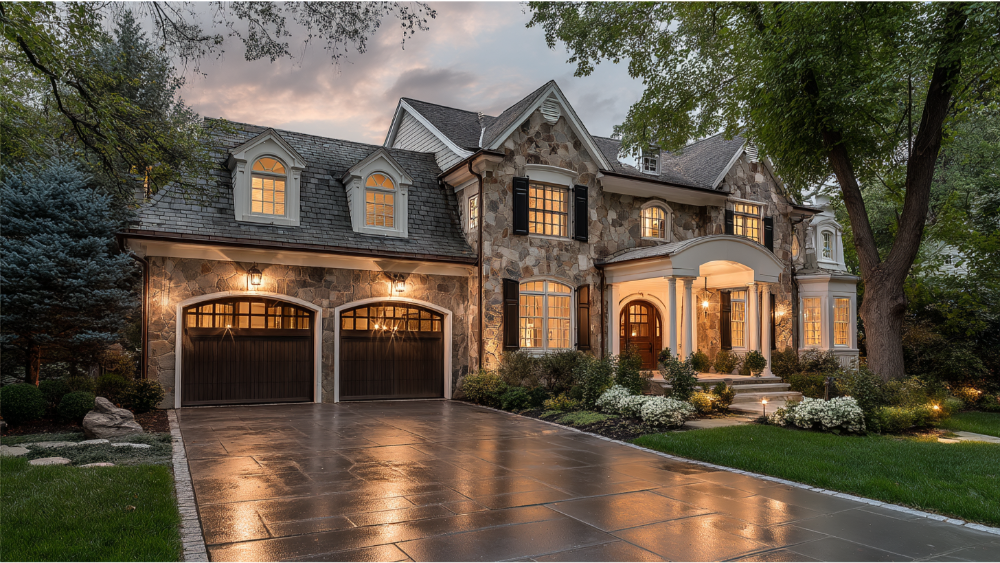Can You Sell a House With a Mortgage? Everything You Need to Know

If you're a homeowner wondering, "Can you sell a house with a mortgage?", the answer is yes. In fact, the majority of homeowners in California and across the U.S. sell their properties while still making monthly mortgage payments. Selling a house with a mortgage is completely legal, common, and often straightforward — as long as you understand the process, prepare for the financial implications, and work with the right people.
At Property Sales Group, we work with homeowners every day who are navigating tough financial situations, including negative equity, foreclosure, or urgent relocations. Whether you're facing an outstanding mortgage balance, need help paying closing costs, or just want a simpler way to sell your home, this guide will walk you through every step.
Can You Sell a House With a Mortgage?
Yes, you can sell a house with a mortgage, even if your loan isn’t completely paid off. In fact, most sellers still have an existing mortgage when they list their property. The key is ensuring your sale proceeds are enough to cover your remaining loan balance, accrued interest, and any other selling costs.
If your home sale generates more than your mortgage payoff amount, you’ll receive the remaining funds after paying off your lender and covering fees. If your mortgage balance is higher than your fair listing price, you may have to bring money to the table or explore a short sale. In some cases, homeowners may also consider a loan modification to adjust their mortgage terms before selling.
What Happens to the Mortgage When You Sell?

Your mortgage lender is paid off at the closing date. When you sell your home, the buyer deposits funds into an escrow account. From there, the mortgage payoff is processed and sent to your mortgage company, satisfying your outstanding balance. This includes the loan balance, accrued interest calculated up to closing, and any fees.
Once your lender confirms receipt of the payoff amount, they release their claim on the title. That’s when ownership officially transfers to the buyer.
How to Sell a House With an Existing Mortgage
Step 1: Get Your Payoff Statement
Start by requesting a payoff statement from your mortgage lender. This document includes your current mortgage balance, interest due, and any fees. It gives you a precise mortgage payoff amount for a given closing date. Your lender typically provides this within a few business days.
If you have an existing mortgage balance on a fixed rate mortgage, the payoff may also include accrued interest and daily interest charges. You’ll need this number to determine if your listing price will be enough to pay off your debt.
Step 2: Determine Your Market Value and Equity
To estimate your home’s value, consider running a comparative market analysis or checking recent comparable homes in your local market. You can also request a cash offer from Property Sales Group for a no-pressure evaluation.
Your home equity is calculated by subtracting your mortgage balance from the market value of your home. For example:
- Home value: $525,000
- Remaining mortgage balance: $415,000
- Earned equity: $110,000
If you have enough equity, you can pay off the loan, cover closing costs, and possibly walk away with cash in hand.
Step 3: Consider Other Financial Obligations

Make sure to account for:
- Real estate agent commission
- Closing costs
- Escrow fees
- Property taxes
- Homeowners insurance
- Private mortgage insurance (if applicable)
- Any home equity loans or a home equity line
These can significantly reduce the amount you take home. For distressed homeowners or those with financial obligations, this can be a deal-breaker. That's why many turn to direct buyers like Property Sales Group who eliminate the need for agents and cover many of these fees.
Step 4: Choose How to Sell
You have two main paths:
- List the home with a real estate agent: You’ll prepare the home, pay agent fees, and go through open houses. This may work if you can afford time and repairs and want to attract potential buyers actively searching in the local market.
- Sell your house to a direct buyer: With Property Sales Group, you skip the agent, showings, and most selling costs. We buy your home as-is, pay in cash, and close on your terms.
We coordinate with your mortgage company, title, and escrow teams to ensure your mortgage payoff happens correctly and quickly.
What If You Have Negative Equity?
Negative equity happens when your outstanding mortgage is greater than your home’s market value. This can occur due to declining property values, low down payment loans, or missed monthly payments. It’s sometimes called being "underwater" on your loan.
If you're in this position, you may:
- Pay the difference out of pocket at closing
- Attempt a short sale (requires lender approval)
- Wait until you've gained more earned equity
A short sale involves selling the home for less than what you owe. Your lender must approve the deal, and you’ll need to show financial hardship. While this can affect your credit, it may be a better alternative than foreclosure.
Property Sales Group specializes in helping homeowners navigate short sale situations. We work with your mortgage lender directly to negotiate terms and take the stress off your shoulders.




